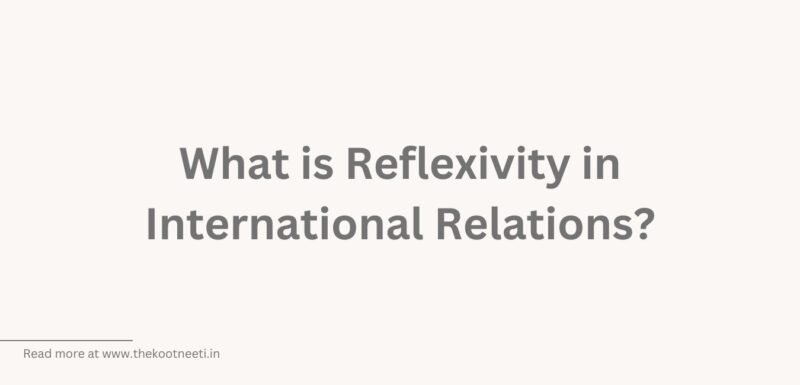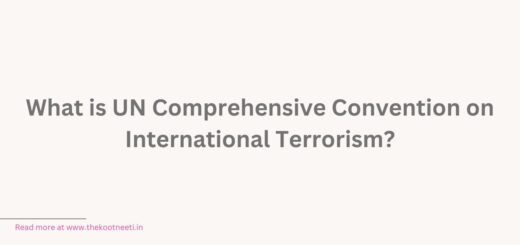What is Reflexivity in International Relations?

Reflexivity in international relations refers to the process of self-reflection and self-criticism in the study and practice of international relations. Reflexivity involves questioning and examining the assumptions, values, and perspectives that shape our understanding of international politics, and considering the ways in which these assumptions and perspectives may influence our actions and interactions with others.
Reflexivity is often seen as an important aspect of critical approaches to international relations, as it allows us to critically evaluate our own beliefs and actions and to consider alternative perspectives and approaches. Reflexivity can also help to foster greater self-awareness and openness to change in the study and practice of international relations, and can contribute to a more nuanced and complex understanding of international politics.
Reflexivity is often emphasized in qualitative and interpretive approaches to the study of international relations, and has been influential in the development of alternative theoretical frameworks, such as constructivism and postmodernism. However, reflexivity is not without its critics, and some scholars argue that it can be too self-referential and introspective and that it can undermine the scientific rigor and objectivity of international relations research.



















